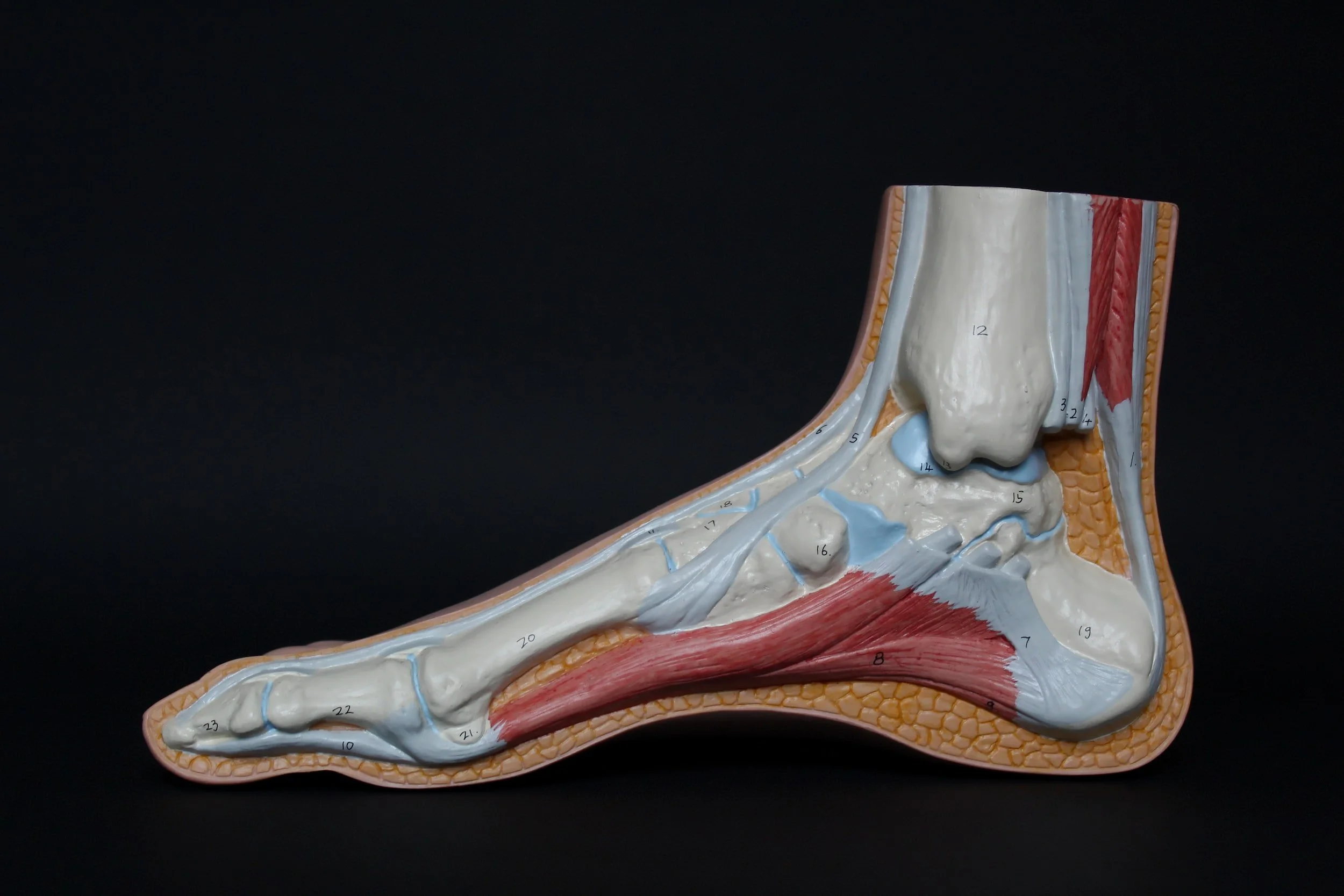What is Diabetes?
Diabetes is an ever growing problem with over a million Australian’s currently diagnosed with the condition.
Diabetes is a metabolic disease that involves the hormone insulin and its action on sugar in our blood. Insulin works by moving these sugars, or glucose, from our blood and into our cells. Diabetes is where this pathway breaks down and our blood has uncontrolled, high levels of sugar. Excess sugar can cause many problems in many parts of the body, examples include the eyes, kidneys, circulatory system and heart, brain and nervous system and even the feet.
Diabetes can be broken down into three main groups:
Type 1 Diabetes - This is caused by the body not making enough or any insulin. It can often be congenital, appearing in children. It can also be the result of an auto-immune condition and occur later in life.
Type 2 Diabetes - This is caused by lifestyle factors and genetic pre-disposition. It occurs when too much insulin is produced over long periods of time, making the bodies cells resistant to insulin’s action and preventing it from passing sugar into the bodies cells effectively.
Gestational Diabetes - This is caused by pregnancy and the associated stresses that it can place on the body. It can increase the risk of type 2 diabetes later in life.
Types of Diabetes
Diabetes and the Feet
Diabetes can affect your feet in a few different ways:
Peripheral vascular disease - high sugar levels can lead to blockages in your arteries and also can lead to increased blood pressure and cholesterol.
Peripheral neuropathy - high blood sugar levels can damage your peripheral nerves that lead to the feet, making the feet numb, have burning sensations, pins and needles or tingling.
Increased risk of infection - due to high blood sugar levels, your immune system doesn’t work as well, and you can become more susceptible to fungal and bacterial infections.
Poor or delayed healing - coupled with circulatory and immune system problems, wounds take a longer time to heal.
Increased risk of amputation - Because of all of the above factors, diabetes is the highest leading risk factor for amputation in Australia.
So what can a Podiatrist do?
As a Podiatrist, the most important thing is to promote a healthy foot. This is done by:
monitoring the patient’s circulatory and sensory health within the feet every 6 to 12 months. In cases were there is significant loss, this is done more frequently. Early detection of any decline in the circulatory or neurological health of the feet can lead to early intervention by vascular or neurological specialists.
provision of foot care to maintain healthy feet and reduce risk of wounds, infections or pressure sites.
advising on appropriate foot health measures such as cleaning and maintenance. This is important for the patient between visits and helps to keep the feet in a good condition.
footwear and foot orthotic advice to reduce excessive pressure, friction and load on any part of the foot.
If you have Diabetes and this has raised any concerns about your foot health, please give us a call or book online with the button below.



